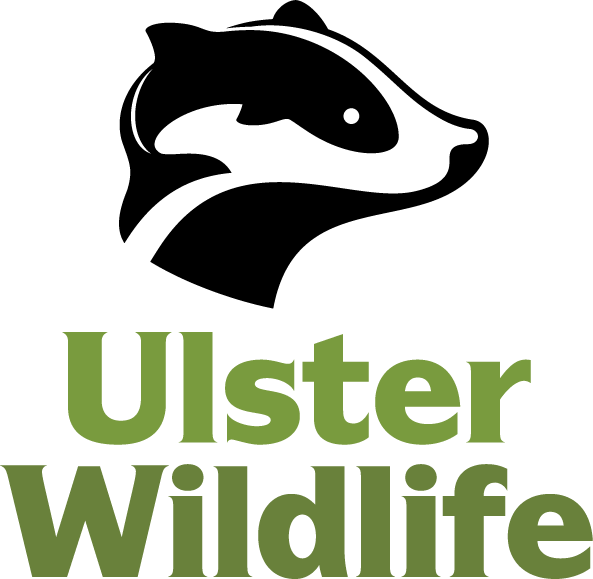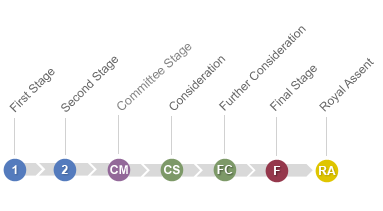In Northern Ireland we remain the only part of the UK without legally binding greenhouse gas emissions reductions targets – as enshrined in a Climate Change Act. This is in spite of us having the highest emissions per person of all UK regions, and the declaration of a Climate Emergency by the NI Assembly in February 2020. However, we’re now in the unique position in Northern Ireland of having not one, but two Climate Change Bills making their way through the legislative process to become our first ever Climate Change Act.
First up was the Private Members’ Bill (brought to the Assembly by Clare Bailey MLA), which is referred to as the “Climate Change Bill” – this was supported by the Climate Coalition NI and its headline ask is a Net Zero Emissions Target by 2045. Notably, this Bill has cross party support with the exception of the DUP, and made it to Committee stage (see Figure 1 of legislative process) in May 2021, with a Call for Evidence by the Agriculture, Environment and Rural Affairs (AERA) Committee completed before the summer recess.


